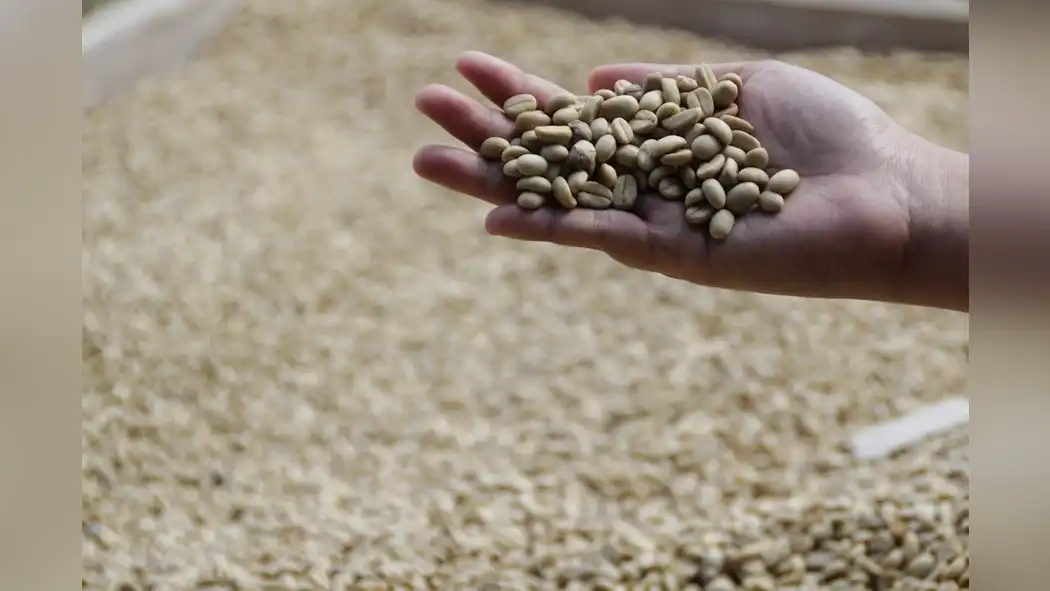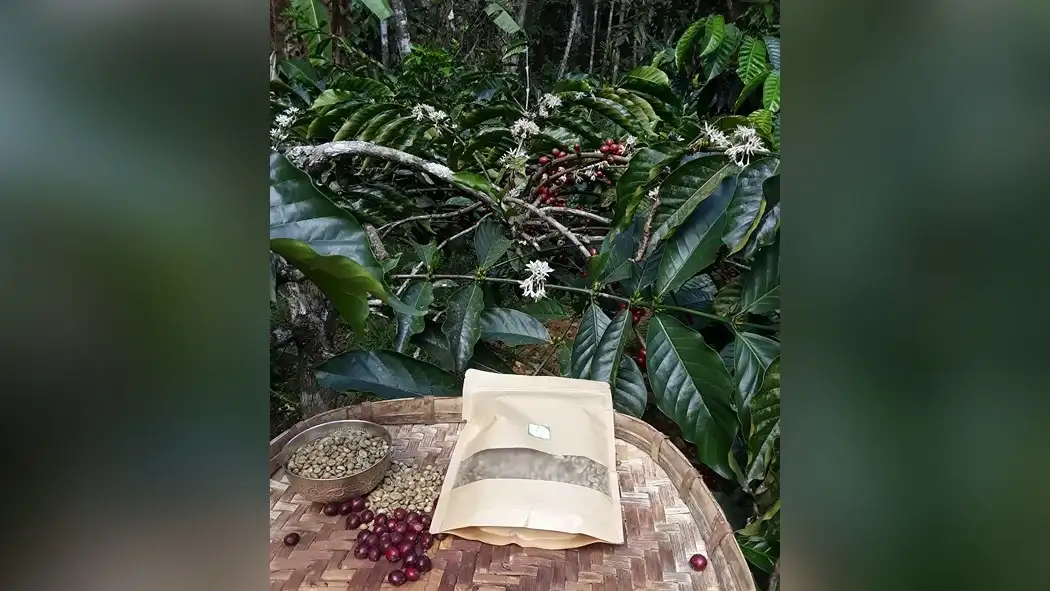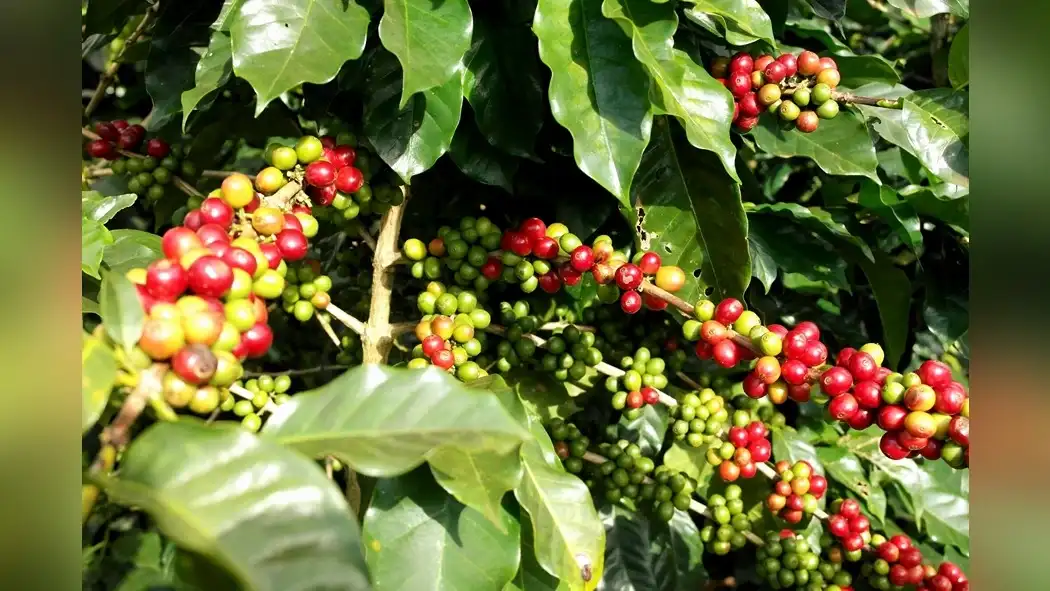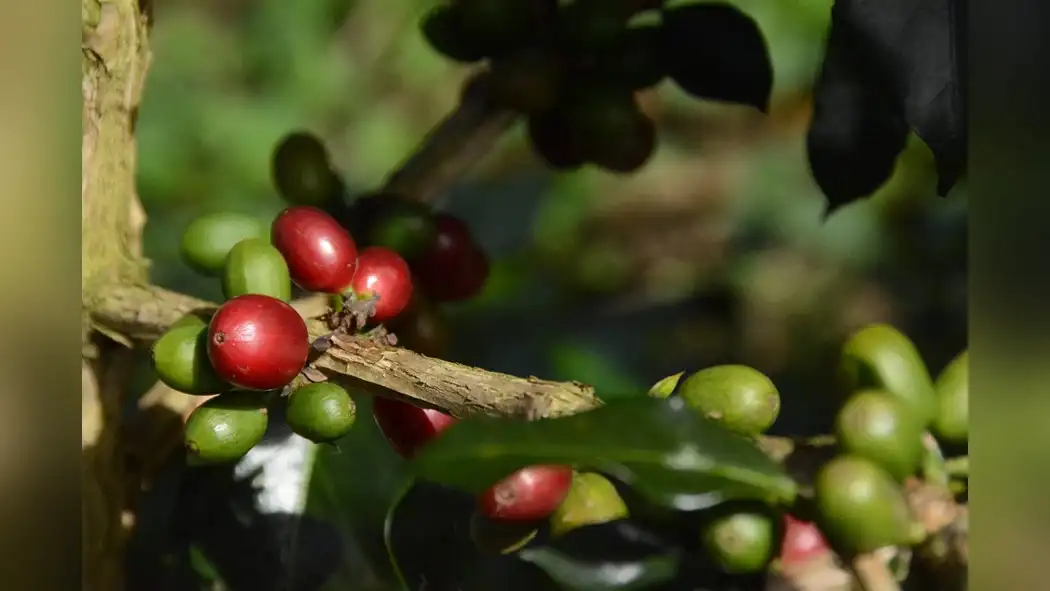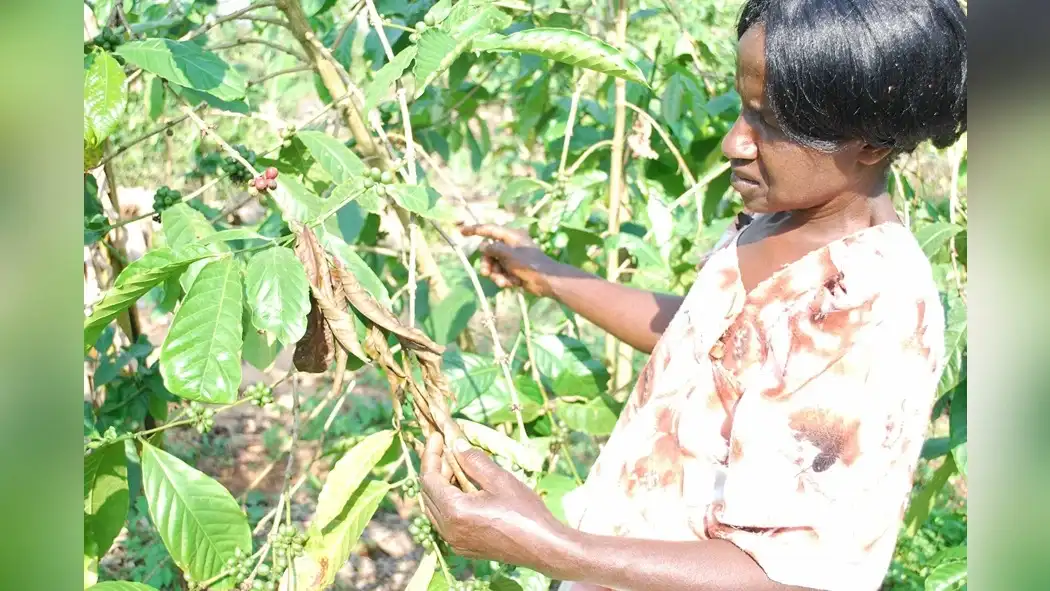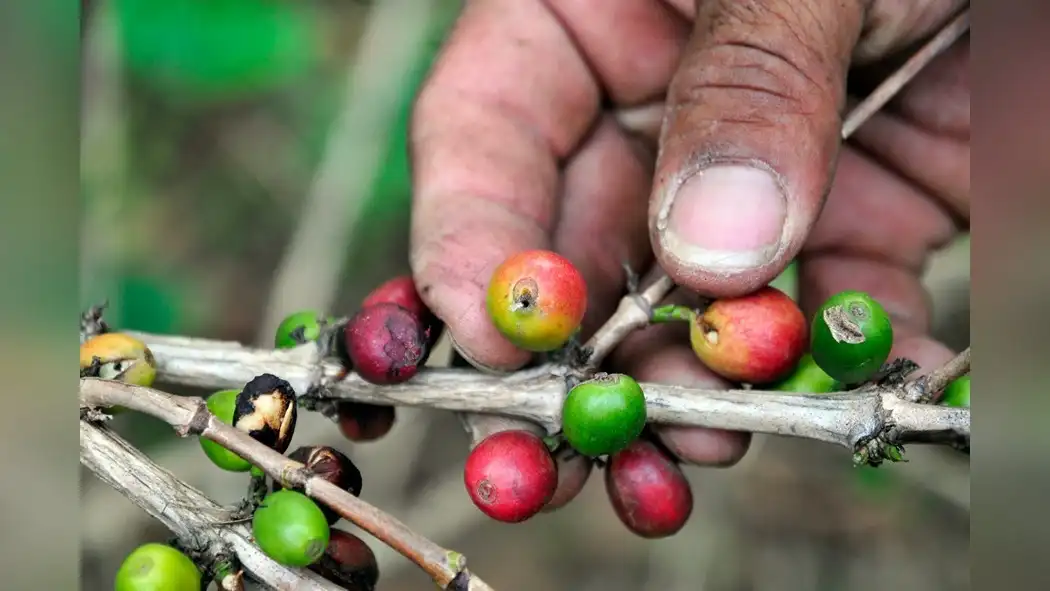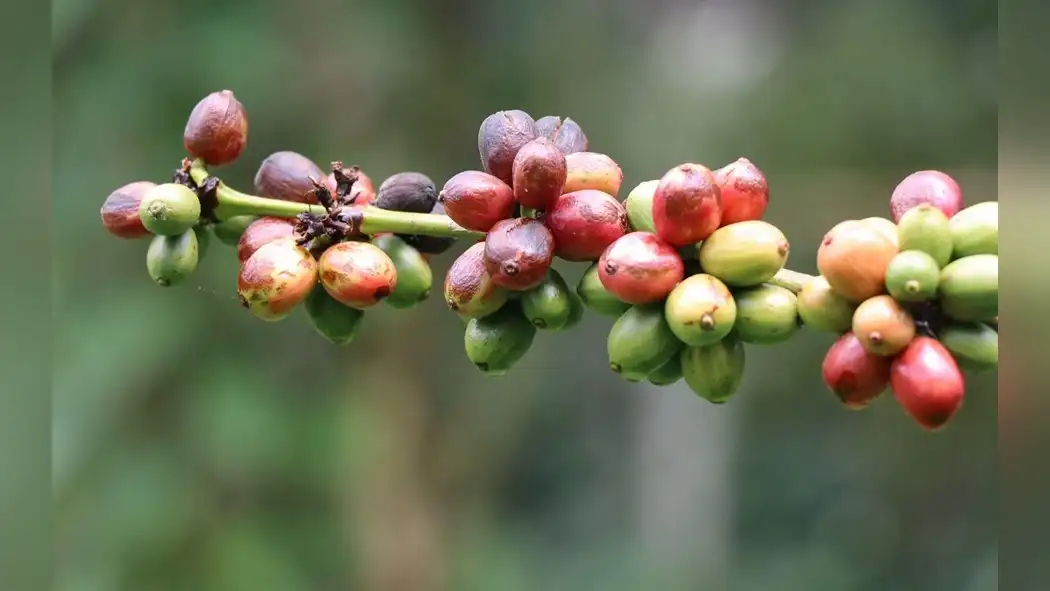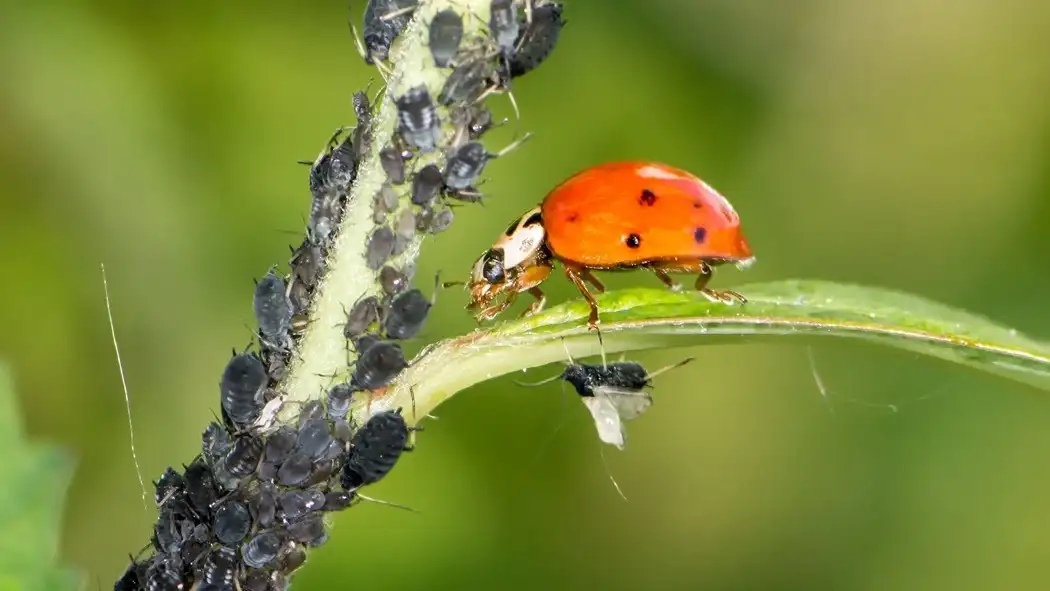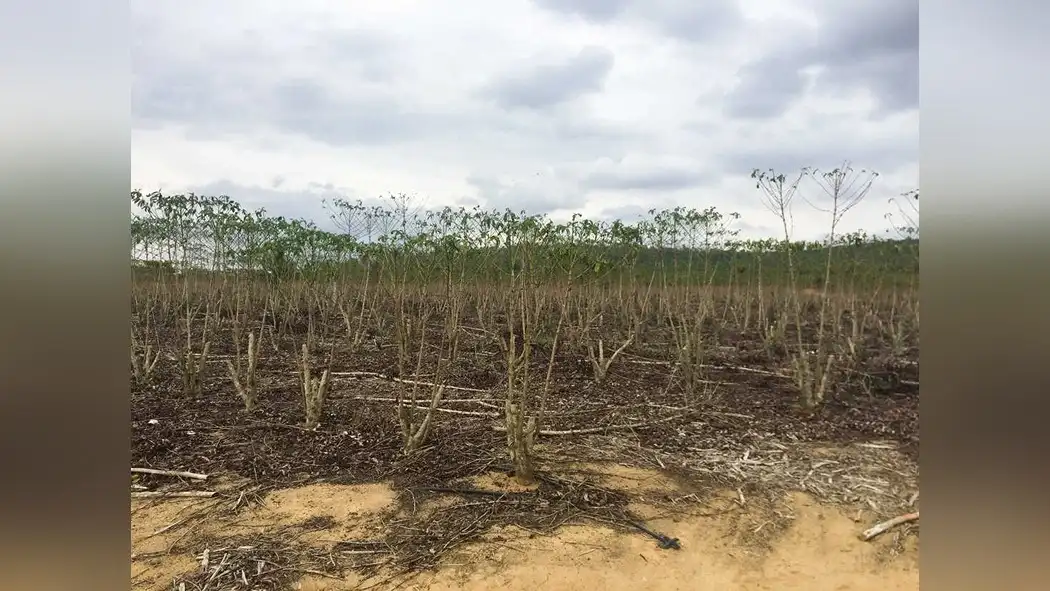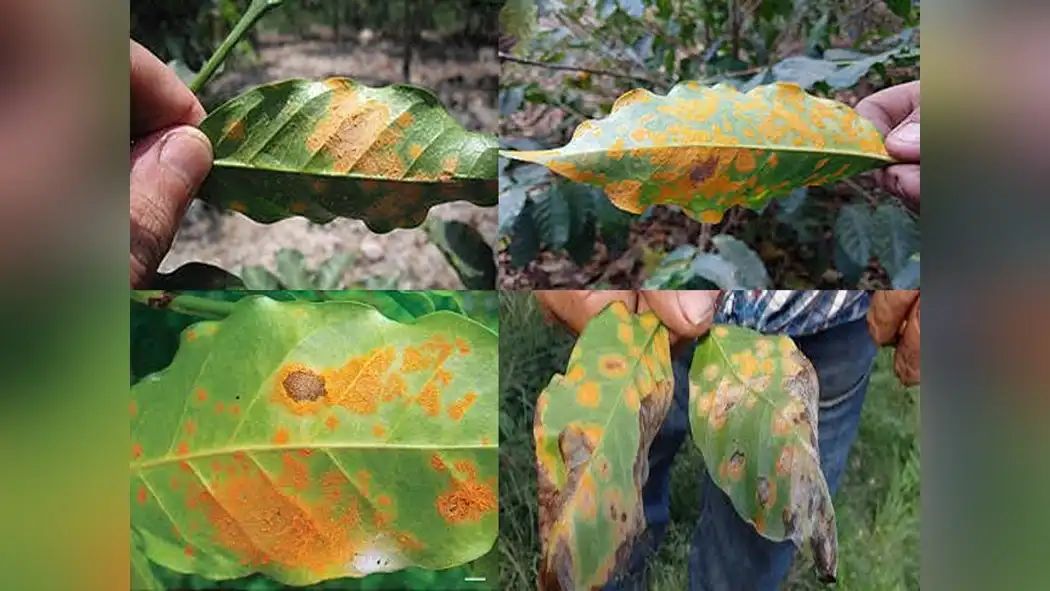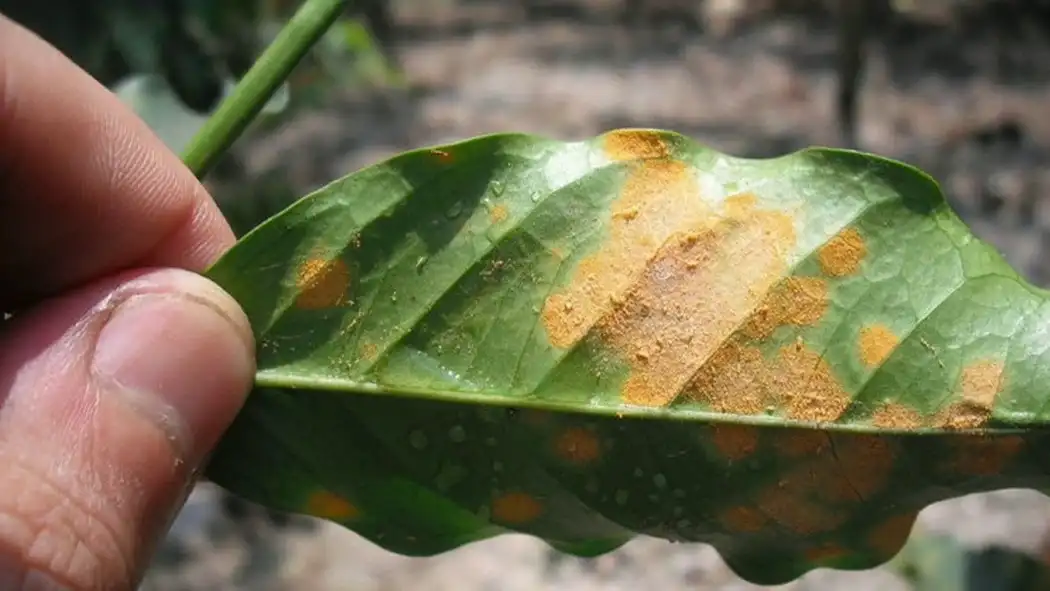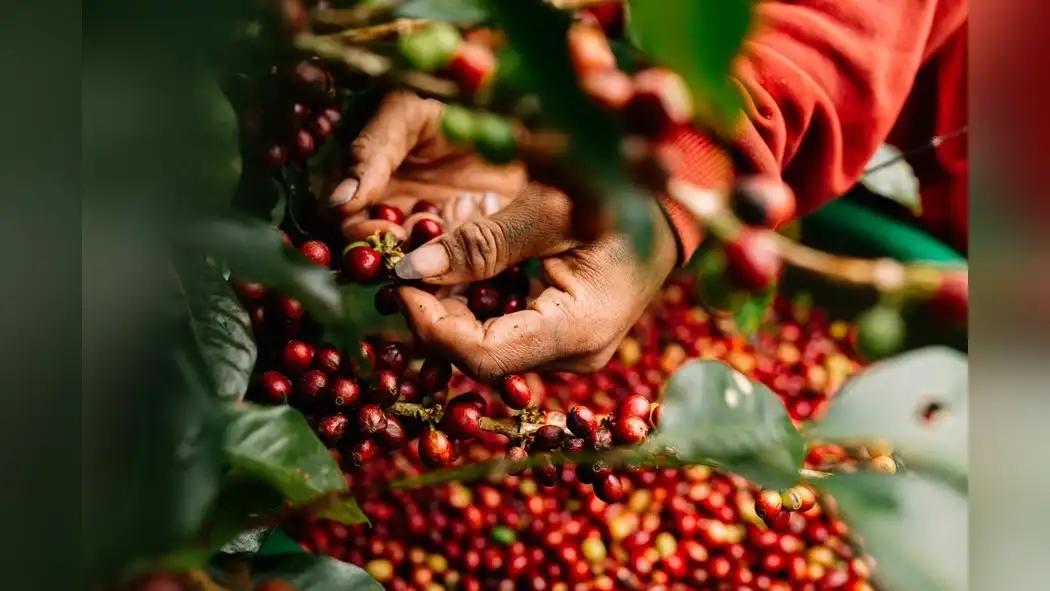If you're a coffee grower looking for robusta varieties with natural resistance to pests and diseases, you've come to the right place. These robusta coffee varieties are specifically bred to have built-in defense mechanisms against common pests and diseases.
With traits like natural pest resistance and inherent disease immunity, these varieties offer a resilient and sustainable option for your coffee plantation. By incorporating these robusta varieties into your cultivation practices, you can reduce the reliance on chemical pesticides and fungicides while ensuring a healthy and thriving coffee crop.
Robusta Coffee Variety 1: Natural Pest Resistance
Developing natural pest resistance in Robusta coffee varieties is essential for sustainable cultivation and long-term crop protection. Genetic modification has been a key tool in achieving this goal. By introducing genes from pest-resistant plants into Robusta coffee, scientists have been able to enhance its natural defenses against pests and diseases. This approach has shown promising results in improving crop yield and reducing the need for chemical pesticides.
The environmental impact of genetic modification in Robusta coffee varieties is a significant concern. However, through careful research and regulation, the potential risks have been mitigated. The use of genetic modification has allowed for the development of coffee plants that are better equipped to withstand pests and diseases without causing harm to the environment. By reducing the reliance on chemical pesticides, genetic modification contributes to a more sustainable and eco-friendly approach to coffee cultivation.
Robusta Coffee Variety 2: Disease-Resistant Traits
Enhancing Robusta coffee varieties with disease-resistant traits involves understanding the genetic factors that contribute to natural resilience. Genetic modification plays a crucial role in developing disease-resistant Robusta coffee plants. By understanding the genetic makeup of the coffee plant, it becomes possible to identify and manipulate specific genes that contribute to disease prevention.
- Genetic Modification: Understanding the genetic makeup of Robusta coffee plants allows for targeted genetic modification to enhance disease resistance.
- Targeted Gene Manipulation: Identifying and manipulating specific genes responsible for disease resistance can significantly enhance the plant's ability to ward off diseases.
- Natural Resilience Enhancement: Through genetic modification, natural resilience can be enhanced, leading to improved disease resistance in Robusta coffee varieties.
- Sustainable Disease Prevention: Genetic modification offers a sustainable approach to disease prevention, reducing the reliance on chemical interventions.
Understanding the genetic basis of disease resistance in Robusta coffee plants enables the development of varieties with increased resilience, ultimately contributing to a more sustainable and disease-resistant coffee industry.
Robusta Coffee Variety 3: Built-In Pest Defense
To cultivate robusta coffee variety 3 with built-in pest defense, you must select and breed plants with natural pest-resistant traits. Pest management strategies play a crucial role in ensuring the health and productivity of these coffee plants. Through genetic resistance and pest control measures, you can effectively protect the crops from common pests and reduce the reliance on chemical pesticides. Breeding programs have been instrumental in developing varieties with inherent pest resistance, providing a sustainable and eco-friendly approach to pest management in coffee cultivation.
To illustrate the significance of pest defense in robusta coffee variety 3, consider the following table:
| Pest Management Strategies | Examples of Genetic Resistance |
|---|---|
| Shade management | Resistance to coffee berry borer |
| Integrated pest management | Tolerance to leaf rust |
| Planting resistant varieties | Immunity to nematodes |
| Cultural practices | Reduced susceptibility to thrips |
| Biological control | Resilience to antestia bug |
Robusta Coffee Variety 4: Inherent Disease Immunity
Select the coffee plants with natural disease-resistant traits to cultivate robusta coffee variety 4 with built-in disease immunity. When it comes to robusta coffee variety 4, you can expect exceptional inherent immunity to diseases, making it a resilient and low-maintenance option for cultivation. Here are some key points to consider:
- Genetic Resistance: Robusta coffee variety 4 is inherently immune to various diseases due to its genetic makeup, making it less susceptible to common coffee plant ailments.
- Reduced Chemical Dependency: By cultivating this variety, you can significantly reduce the need for chemical pesticides and fungicides, contributing to a more sustainable and environmentally friendly farming approach.
- Consistent Yield: The inherent disease resistance of robusta coffee variety 4 ensures a more consistent yield, minimizing the impact of diseases on the overall production.
- Long-Term Viability: With its built-in disease immunity, this variety offers long-term viability and stability, providing a reliable source of robusta coffee without constant disease management.
Robusta Coffee Variety 5: Pest and Disease Resilience
You can cultivate robusta coffee variety 5 for its natural resilience to pests and diseases, providing a low-maintenance and sustainable option for coffee cultivation. This variety possesses inherent pest and disease resilience, minimizing the need for extensive pest management strategies. Integrated pest management becomes more manageable and less reliant on chemical interventions when cultivating this variety.
The disease resistance mechanisms of robusta coffee variety 5 are attributed to its genetic traits. These traits enable the plant to withstand common diseases that often pose significant challenges to coffee cultivation. By harnessing these genetic traits, farmers can reduce the reliance on chemical treatments and promote a more sustainable approach to coffee farming.
With its built-in resilience, robusta coffee variety 5 offers an opportunity for coffee growers to mitigate the risks associated with pest and disease outbreaks, ultimately contributing to more stable and reliable coffee production. This variety presents a promising option for those seeking to minimize the environmental impact of coffee cultivation while maintaining productivity and quality.
Conclusion
So, there you have it – robusta coffee varieties with built-in pest and disease resistance! With these amazing traits, these coffee plants are practically invincible against pests and diseases.
So next time you brew yourself a cup of robusta coffee, you can feel confident that it's not only delicious but also super strong and resilient.
Happy sipping!

